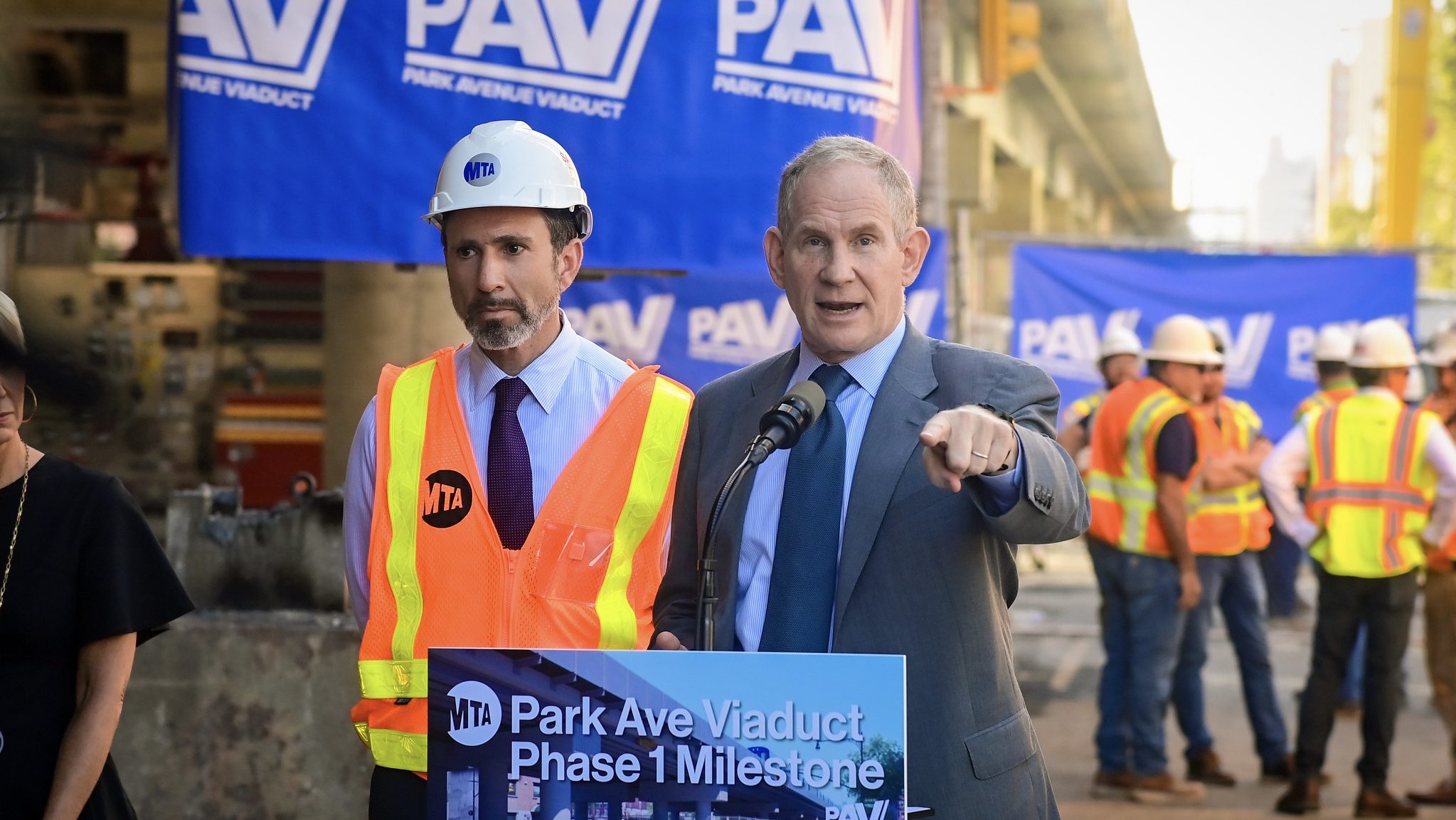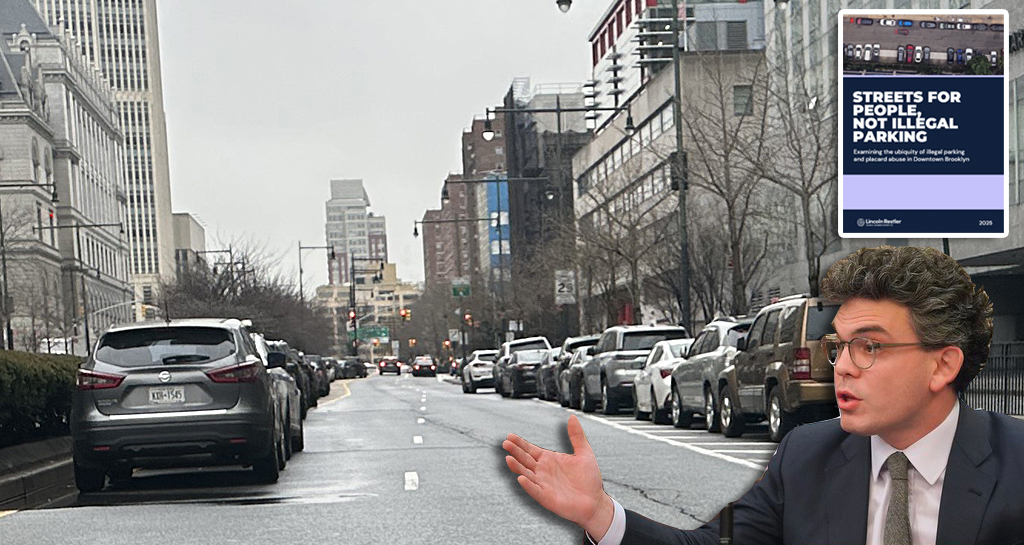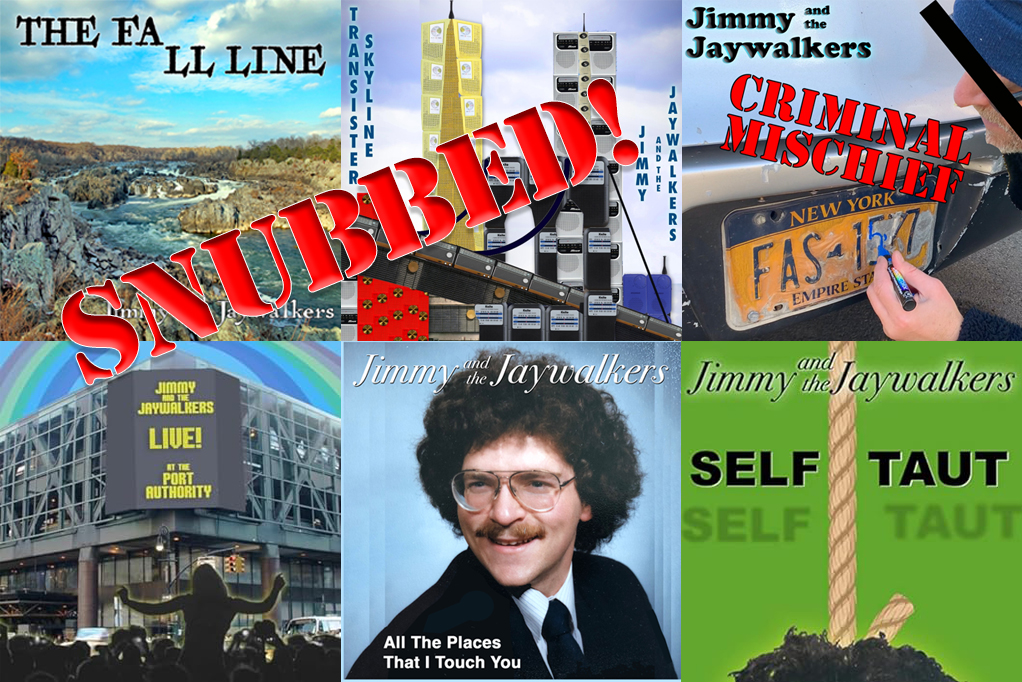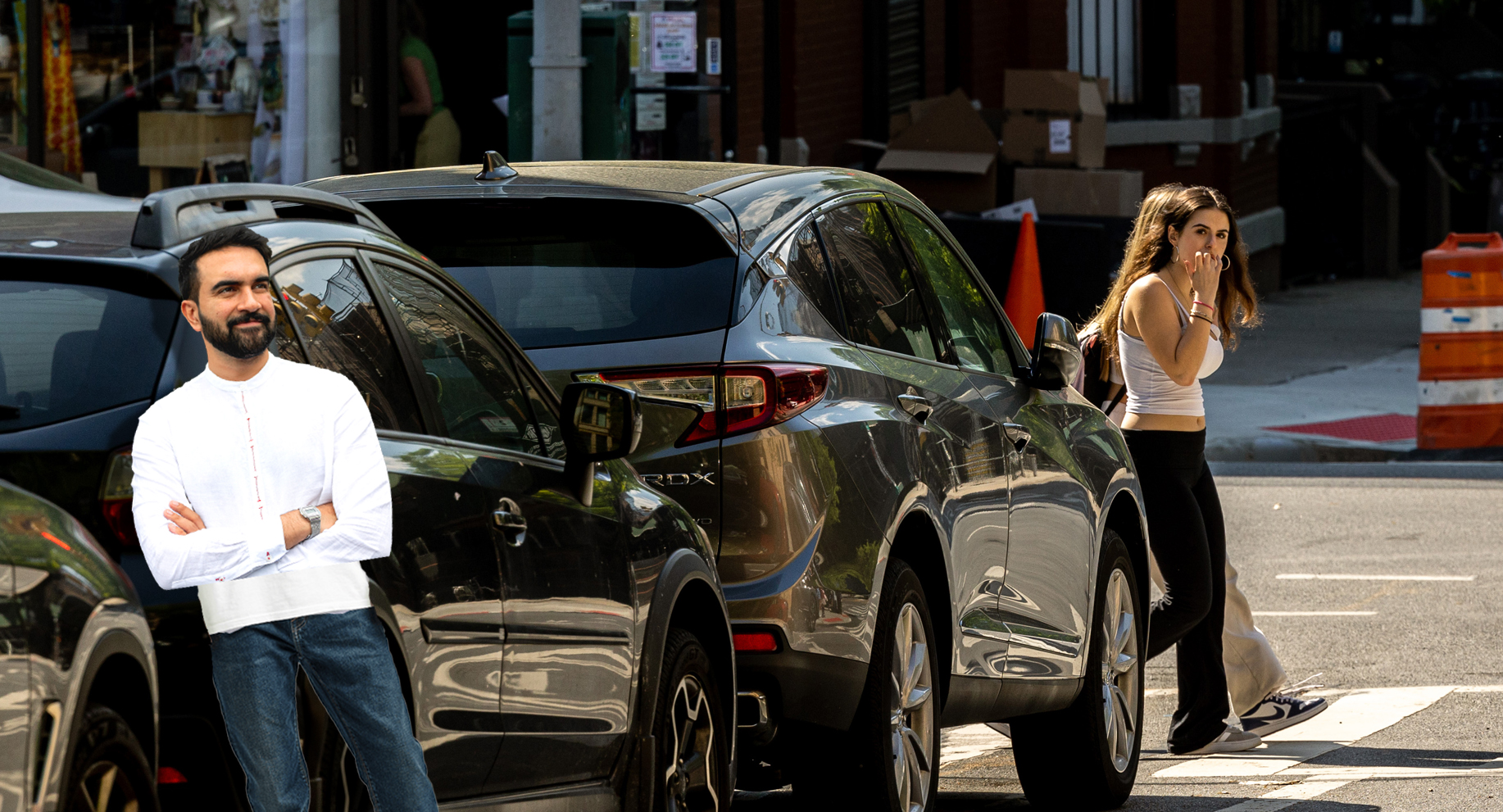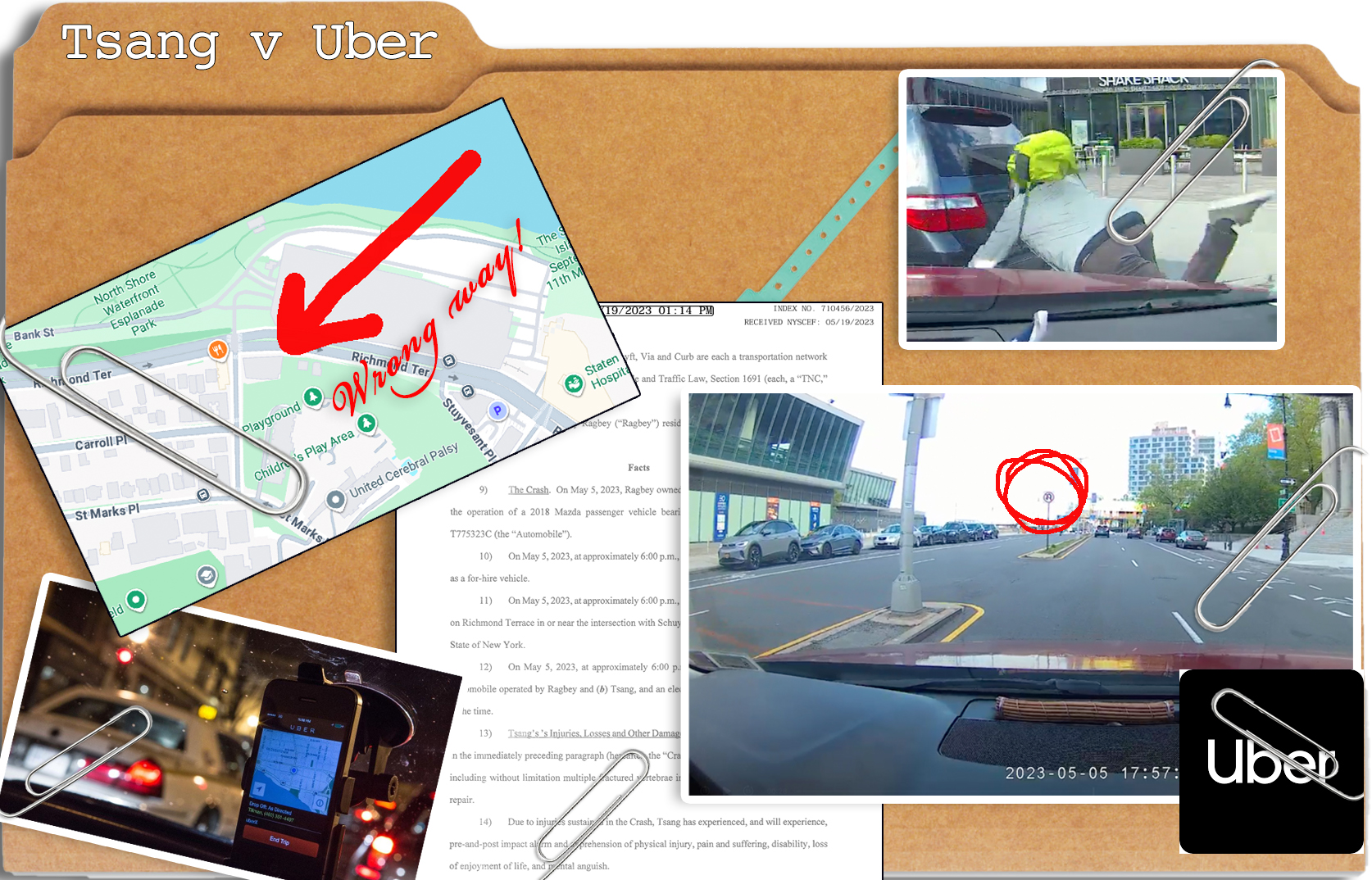In theory, everyone supports the idea of affordable housing.

In practice, however, local politics tends to exert upward pressure on housing prices, by caving to NIMBY complaints against increasing the supply of housing.
David Alpert at Greater Greater Washington offers an example playing out in the Chevy Chase neighborhood in DC, where politicians' stated commitment to affordable housing is at odds with their policy positions:
At a Chevy Chase Community Association meeting last week, many candidates affirmed support for affordable housing, according to a report on the Chevy Chase listserv, but then wavered or even outright opposed allowing people to rent out basements, garages, or parts of their homes to create new housing opportunities.
Score one for unaffordable housing, Alpert says:
Absent enough new housing, many people who want to come here will rent or buy units in gentrifying neighborhoods where prices are still lower than elsewhere. That raises housing prices in those neighborhoods, hastening the problem of some longtime residents being or feeling priced out, and others deciding to take a windfall and sell their houses at a big profit.
If we want longtime residents to stay, an important element of the equation is to find somewhere else for the people to live who want to come into DC. Basement and garage apartments are one important potential source. We already have large single-family houses with one or two retirees who aren't actually using the whole house. Letting them rent the space is a win-win for everyone except for those who want to keep the neighborhood exclusive and underpopulated relative to its 1950 size.
For more on the issue of urban housing affordability and why it's an issue of national significance, check out The Rent Is Too Damn High by Slate correspondent Matthew Yglesias.
Elsewhere on the Network today: Walkable Dallas Fort Worth wonders if Detroit can truly recover without better land use regulations. The City Fix reports that in Sao Paulo, bike-share memberships are about to become part of a single transit pass. And 1000 Friends of Wisconsin shares charts showing that state gas tax revenues and highway spending are moving in opposite directions.
